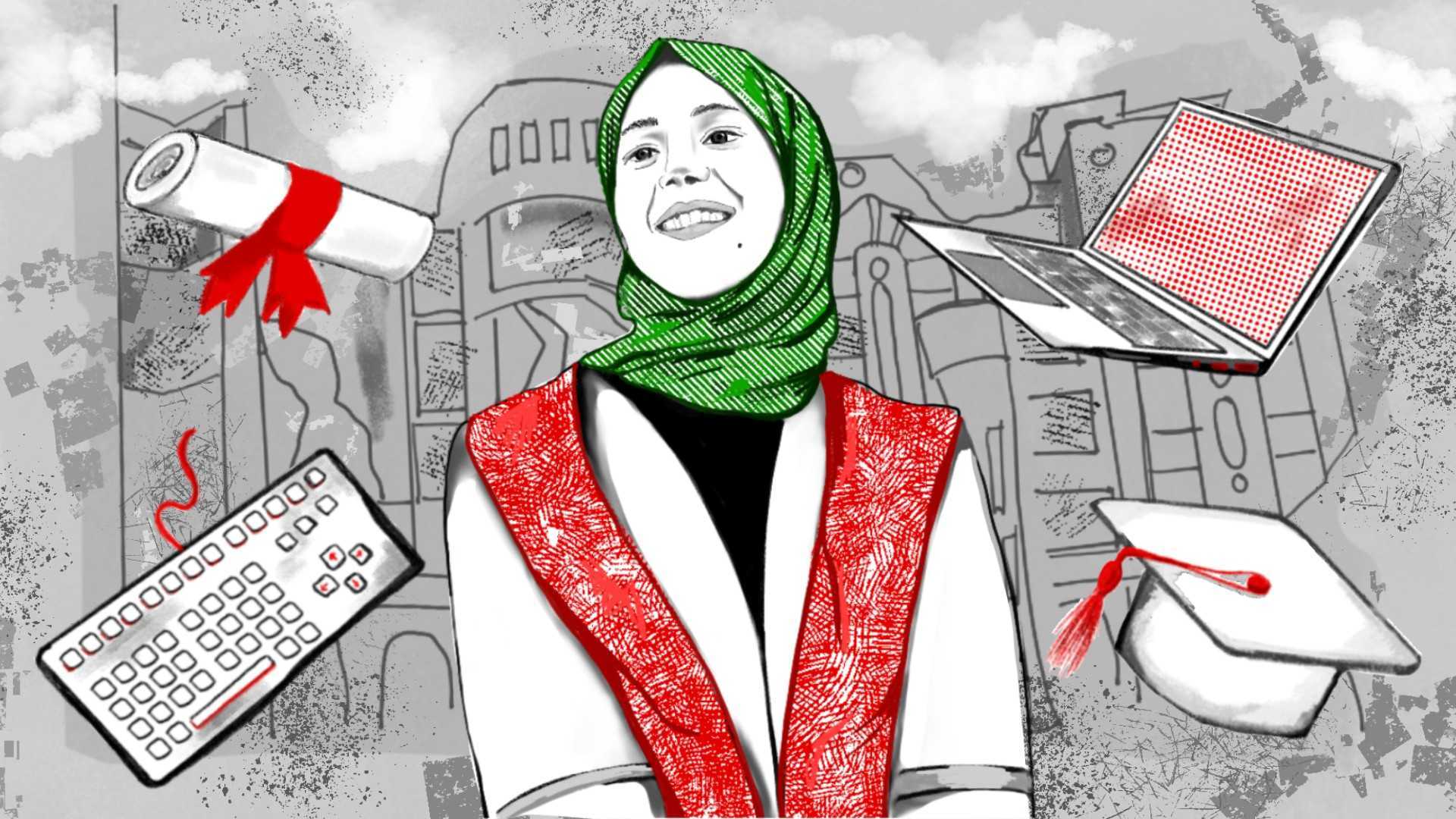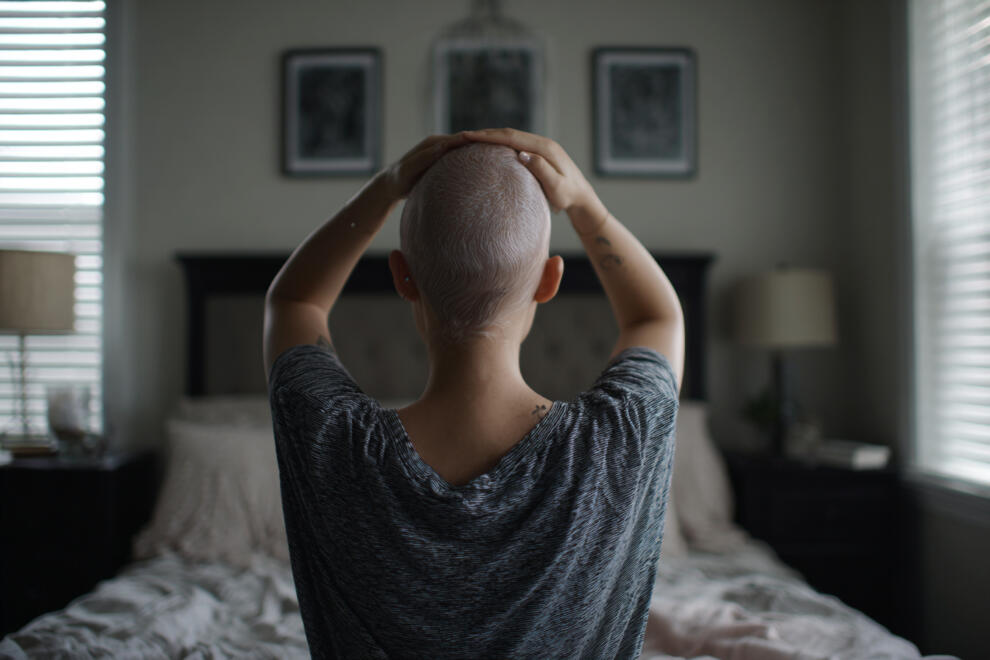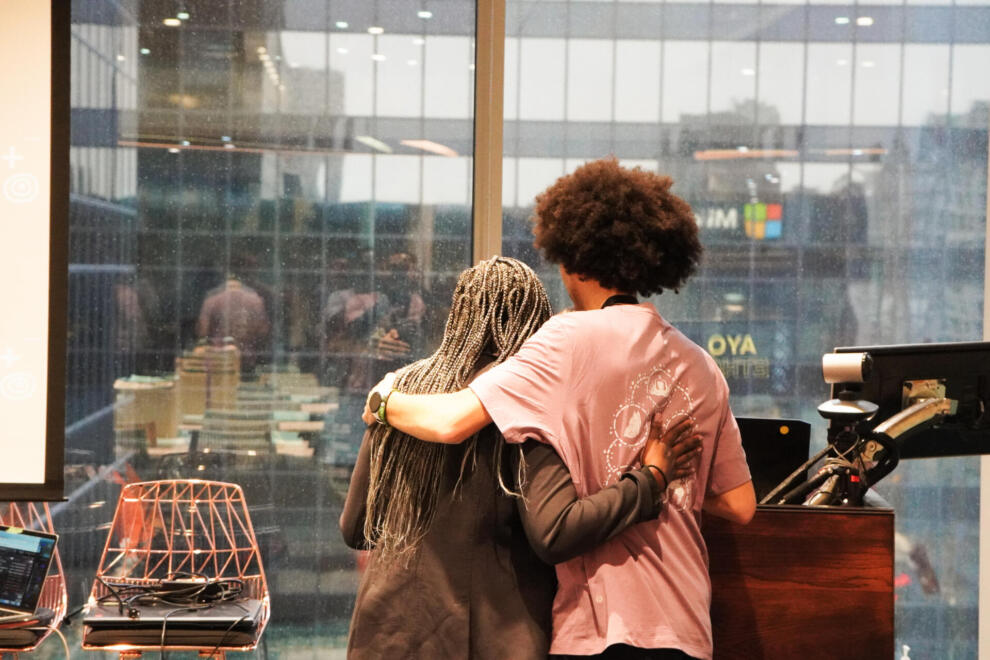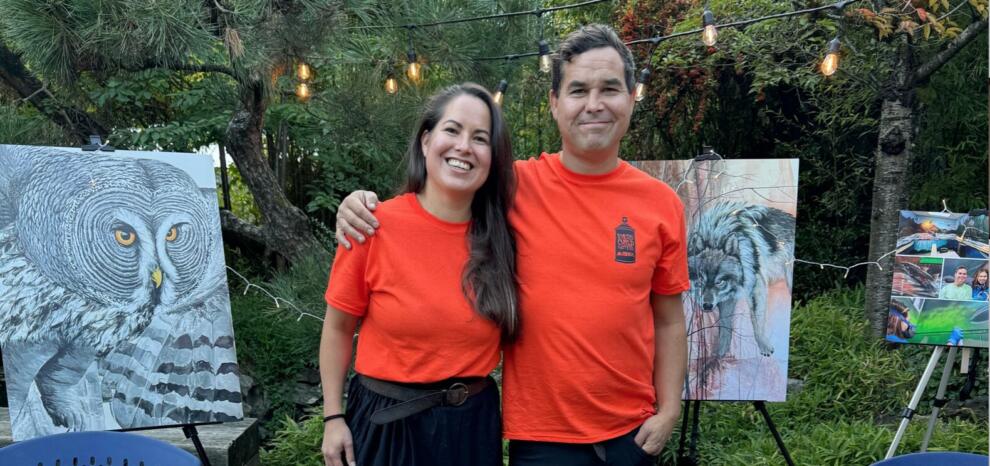Barriers to Success: Palestine’s Tech Talent Under Siege
Writing and Illustration by Cicely Belle Blain
“My family and I have been displaced six times,” Hadeel Al-Maqadma texts me from Gaza.
Hadeel is a software engineer living in occupied Palestine. She graduated from the Islamic University of Gaza with a Bachelor’s degree in computer engineering, receiving First Class Honors by maintaining an “Excellent” grade in all her academic terms. She was also selected to TA for one of her professors.
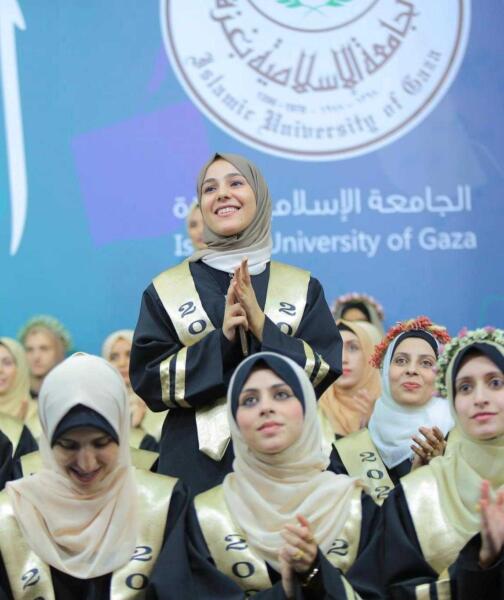
“Being a software engineer has been a dream of mine since childhood, I’ve always been fascinated by technology and development. Growing up in an environment where access to resources is limited or restricted, I witnessed how technology can bridge gaps and empower individuals, and how technology will make a difference in all aspects of our lives in Gaza. This inspired me to pursue a field where I can contribute to building a better society,” Hadeel explained.
On April 5th, Hadeel’s dreams came true – she was accepted into a Master’s of Applied Science program in software engineering at Concordia University.
But she can’t get there.
Numerous barriers lie between Hadeel and a safe arrival on Concordia’s campus in Montreal. The Israeli occupation of Palestine is constructed through long-standing, systemic and horrifically violent methods of collective punishment and oppression.
Hadeel is one of many young people whose education – a basic human right – has been disrupted by the ongoing genocide. In November 2023, Palestine’s Minister of Education suspended the 2023-2024 school year, meaning approximately 625,000 children are out of school and 22,500 teachers are without work. “Ninety percent of Palestinian Authority schools have been subject to direct or indirect damage. About 29 percent of school buildings are out of service after being demolished or severely damaged,” reported Al Jazeera in January of this year.
For several months, Israel used Al-Israa University, located in the south of Gaza City as a military barrack and detention centre. Then, on January 17th 2024, they destroyed it. This would bring the total number of destroyed universities in the Gaza strip to 12 – that’s every single university in the region.
“Israel’s widespread and intentional destruction of Palestinian cultural and historical properties, including universities, schools, libraries, and archives, demonstrates its apparent policy of rendering the Gaza Strip uninhabitable.” – EuroMed
Palestine has one of the highest literacy rates in the world, and many institutions of higher education committed to research, innovation and cultural preservation. The systematic targeting of sites of learning in Palestine by the Israeli government is insidiously intentional. A specific form of erasure is taking place; one that attempts to squash Palestine’s cultural and intellectual power.
“Israel is systematically selecting top Palestinian academics to inflict maximum damage on the Palestinian community and obstruct scientific and technological development in the future,” said Ismail Thawbta, head of the government media office in Gaza.
Since October 7th, at least 94 Palestinian professors have been killed. This number includes Refaat Alareer, renowned scholar, writer and editor of Gaza Writes Back and Gaza Unsilenced and Dr Sufyan Tayeh, considered to be among the top 2% of scientific researchers in the world. “Israel has sent a very clear message: we want to extinguish the intellectual flames of curiosity, innovation, and intellectual growth in Gaza,” writes Eman Alhaj Ali for The New Arab.
In many other countries, schools forced to close could transition to online learning, allowing students to continue their studies. But Palestinians experience frequent internet blackouts, unstable connections, and constant displacement resulting in loss of their necessary technology. In addition to the country’s students, many Palestinian workers are impacted by the disrupted internet access. A 2023 report showed that 66% of Gazans’ employment had been lost due to the current ongoing war, translating into daily income losses of $20.5 million USD.
In Canada, a job in software engineering would bring with it flexibility and work-from-home opportunities, maybe the option to pop into a swanky office a couple of times a week. For Hadeel, this currently remains out of reach.
“Recently, I lost my job and income because I couldn’t stay connected for work, which is crucial in my field. My family and I have been displaced six times, adding layers of uncertainty to our daily lives. Moreover, the destruction of our home led to the loss of my laptop, and most of my personal tools, essential for my studies and professional development,” Hadeel shares.
For those in tech, internet access and basic tools like laptops are essential. Out of the 2,500 tech graduates from Palestinian universities every year, only 10% find employment within Palestine. Many seek remote employment with international companies. As an Al Jazeera article writes, “tech was one of the economic bright spots before the war due to the large amount of ‘tech talent’ that could remotely work for companies in the West Bank and abroad from the besieged enclave.”
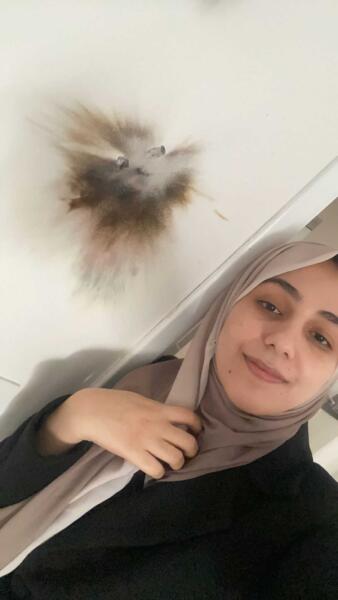
I was introduced to Hadeel by Manara, an organization that connects tech professionals in the Middle East and North Africa with tech jobs worldwide. Organizations like Manara are influential in facilitating the relationships between tech-trained Palestinians and companies looking to hire, through their initiative #TechJobsForPalestine.
“Even with these challenges, I’m determined to keep learning and growing in my career. Manara has been a huge support by connecting me with mentors who give me advice and help me overcome these obstacles. Their guidance has been priceless as I work towards a brighter future,” Hadeel said of her time with Manara.
Palestine is one of the few places in the world where women study technical fields at equal rates to men – 52% of computer science graduates are women. As one of these competent professionals, Hadeel dreams of enhancing her knowledge through her Master’s degree at Concordia. In addition to the attacks on education, the internet disruption and the increasing unemployment, people in Palestine face significant barriers to free movement within and outside of the country.
A particular method of restriction of movement in Palestine is the use of militarized check-points and blockades. The number of checkpoints operated by Israel continue to grow and become increasingly violent and inhumane. In 2017, there were 98 fixed checkpoints – this number grew to 565 by 2020 and 645 by January of 2023. On top of this, ‘flying checkpoints’ come and go – between 2019 and 2020, there were an estimated 1,500 militarized checkpoints or obstacles. Some of these checkpoints are operated by the Israeli military but many are privatized, contracted out to security companies who profit directly from the violence inflicted upon Palestinians attempting to move through their homeland.
“This blockade not only restricts our movement, but also imposes financial burdens; for example, each individual who wants to leave Gaza due to the war must pay at least $5,000 USD, which is a prohibitive cost for many, including myself,” explains Hadeel.
Across the world at Concordia, where Hadeel should be, hundreds of students have set up an encampment to demand that the university divest from Israel. Students and community members from McGill and Concordia join a growing list of those camping out on campus grounds until divestment demands are met. Students are demanding full transparency regarding their respective university’s investments in companies complicit in the genocide in Palestine, followed by divestment from these companies and the severing of ties with Israeli academic institutions. Mass mobilization and political pressure works – thus far, seven universities across North America have come to agreements about ethical and transparent investment decisions.
As each day passes, the urgency of Hadeel’s situation – and that of millions of other Palestinians – increases. When I asked how people can help, Hadeel remained humble and altruistic, keeping her community in the forefront of her mind. She expressed that investment in education, peace initiatives, humanitarian aid, skill development, and job creation were crucial for overcoming challenges and building a better future.
Despite the relentless campaign to erase Palestinian intellect and culture, the spirit of innovation and thirst for knowledge remain strong in Hadeel and her peers. But more than anything, she wishes for safety. “I simply find deep satisfaction in seeing my family happy and living in peace,” said Hadeel.
How to help
- Support Gazans Financially.
- Thousands of Gazans, just like Hadeel, are resorting to crowdfunding and mutual aid, relying on the generosity of strangers either to pay the border fees to exit to Egypt or begin to rebuild at home in Gaza.
- Spread Manara’s message on social media:
- Help rebuild Palestine. The economy has been devastated in Gaza & severely impacted in the West Bank. This is your chance to hire talented individuals AND make a difference. Join the #TechJobsForPalestine campaign and get 100 companies to commit to hiring software engineers from Gaza & the West Bank in 2024.
- Learn more and commit at www.techjobsforpalestine.com. #TechJobsforPalestine
- Pledge to hire or directly encourage tech leaders to do so.
- This campaign is a practical way to help that most companies can get behind. Know a VP of Engineering, Talent Acquisition Manager, Head of DEI, or CEO? Tell them they can make a difference… and access great talent too. Use the email template.
- Become a mentor
- Directly support an aspiring tech professional in Palestine by becoming a mentor. Sign up at https://manara.tech/mentors
- Support a student encampment near you.
- Bring supplies such as food, water, blankets, art supplies, banners, weather-proof materials and clothing, tarps and so on.
- Stay updated via social media.
- For example, Solidarity for Palestinian Human Rights chapters exist at many different universities, like SPHR Concordia.
